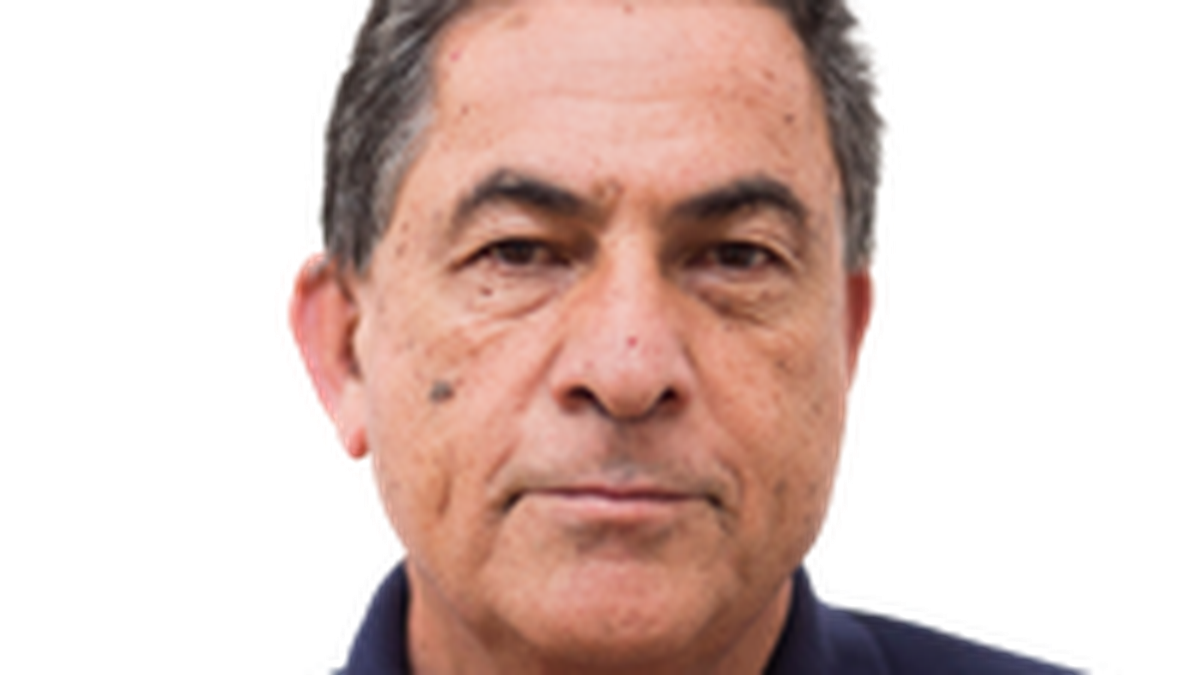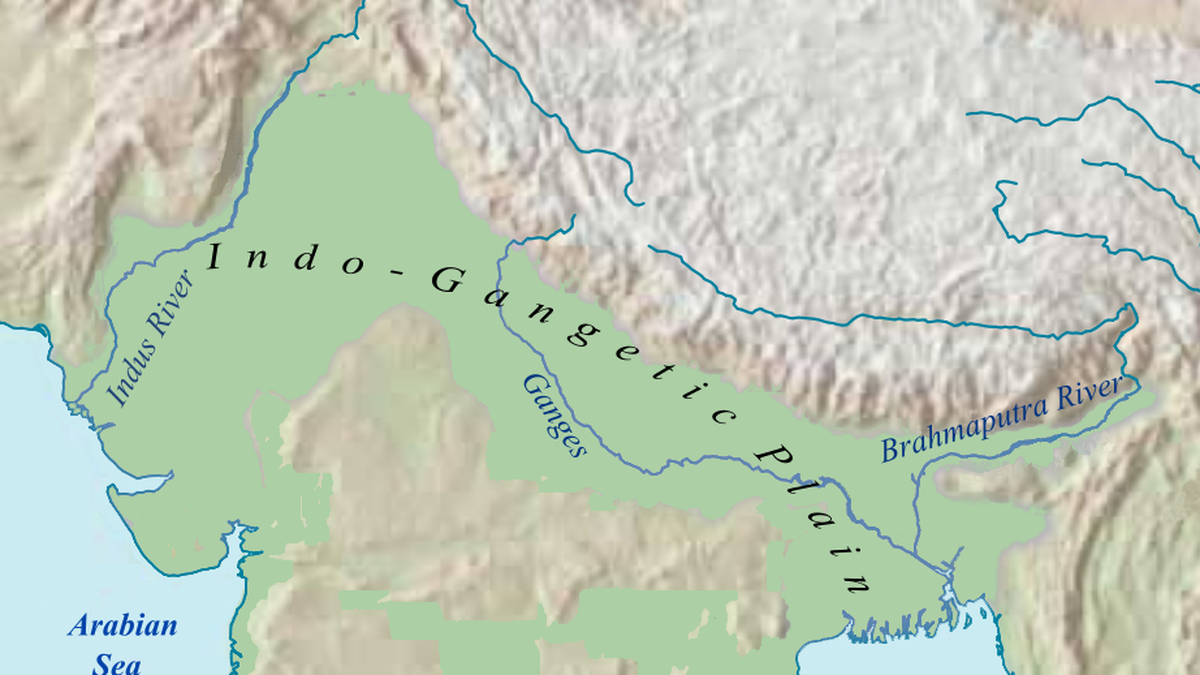Even as the U.S. seeks to broker a ceasefire, Western countries, including France, Canada, and the U.K., have issued strong statements criticising Israel for the continued bombardment of Gaza and denial of entry to food convoys for Palestinians, in retaliation for the October 7 terror attacks. In an interview with The Hindu, Israeli author and columnist Gideon Levy says critical words won’t mean much without sanctions, and called on India, among other countries, to use its good relations with both Israel and the Palestinian authorities to ensure an end to the conflict.
Q: What is the situation in Gaza, and how much support is there in Israel for the conflict?
A: What does it mean to live now in Gaza? Those are walking dead people. We cannot imagine it, because I don’t, I don’t think many people have gone through what [Palestinians] are going through. It must evoke memories from the worst times of history… the starvation, the children, the destruction. It’s really outrageous, and the fact that the world is still silent, not taking any measures to stop it.
Look, something happened in Israel on October 7 (2023). Besides the [terror attacks], Israel got the notion that after the Seventh of October, Israel has the right to do whatever it wants, no limits, no borders, not legally, not morally, we have the right to do whatever we want, because of what they have done to us. The second thing that happened is that all the empathy for the Palestinian people, even by the “peace camp” in Israel, was finished. Today, it is considered almost illegal and immoral in Israel to have any kind of empathy, mercy, or humanity toward the people of Gaza. It is immediately labelled as treason. The Israeli media does not show Gaza to the Israelis- an Indian sees more of Gaza than an average Israeli. Israelis still think that everything we do in Gaza is self-defence. All together it is a very, very depressing picture, because humanity is finished.
Q: For the first time, Western leaders like the leaders of the U.K., France and Canada issued a statement this month threatening sanctions against Israel, saying they would no longer “turn a blind eye” to what Israel is doing. Do you think it marks a turning point?
A: No declaration will make a difference. No declaration will change the policy of Israel. The only thing that can change the policy of Israel will be actions. Israel has learned to live with condemnation and to ignore such statements, as long as it is not being followed up by real measures, like, for example, what happened to Russia a few weeks after the invasion of Crimea. Add to this the notion that most of the Israelis believe that the whole world is, in any case, anti-Semitic. Anyone who dares to criticise Israel is immediately labelled as an anti-Semite. I don’t want to undermine those declarations that show a new tone in Europe. But we have to see if they will be followed up with actions, or remain as hollow lip service.
Q: What about the domestic criticism of the war in Gaza? Recent columns, for example, by former Prime Ministers Ehud Olmert and Yehud Barak; General Yair Golan’s comments about the killing of children in Gaza. Do you think that changes something internally in Israel?
A: There are two camps in Israel. One camp will follow Netanyahu blindly and automatically, no matter what he does. The (ruling) Coalition is quite solid, and may continue until the next elections in two years. There is another camp, which is demonstrating day after day, week after week. But they have only two goals- releasing the hostages and getting rid of the Netanyahu government. But even they are not promising to end the war or the apartheid, discrimination. I guess that if there would be elections today, Mr. Netanyahu wouldn’t win.
Q: Do you think the U.S. is in any way withdrawing its support for Israel? How was Mr. Trump’s warning against strikes on Iran received?
A: Because we are dealing with Donald Trump, it’s very hard to foresee what will happen. It can be one day like this and one day like that, one day he supports Putin, and the next day he is cursing Putin. One day, he’s insulting Zelenskyy, and tomorrow, Zelenskyy might come back as an ally. Even so, it is important because Israel is totally dependent now on the West, on the United States, and to a lesser extent on Europe. Israel is becoming [isolated] in the rest of the world, and the dependence is much stronger on the few allies that Israel still possesses. If America will change now, Israel would face a new challenge, which it has never faced before.
Q: What happens after the War in Gaza? PM Netanyahu says there will be Israeli military control, but Arab states reject that. Is there any hope for the India-Middle East-Europe-Economic corridor (IMEEC) then?
A: First of all, Netanyahu has a plan, as he phrased it, to destroy Gaza, to destroy Hamas. This means to destroy Gaza and then to go for the Trump plan, transferring 2.3 million people out of Gaza. It is a plan of crimes against humanity and crimes of war. It is a plan which will never work, but that’s the plan. The President of Indonesia, which is the biggest Muslim country in the world (Prabowo Subianto) was very clear about having diplomatic relations only if Israel recognises a Palestinian state. Israel is missing all these opportunities, and there is no plan. And therefore we are stuck with this war and all those big plans and dreams (IMEEC), I must say, must be postponed or even cancelled forever.
Q: You have said you don’t think a two-state solution is feasible. Why not?
A: The two-state solution is the best solution. Two people are struggling over one piece of land. Both of them deserve self-determination. So, let’s share the land between the two peoples and create two sovereign, independent states. There’s only one problem, and this is the fact that the (Israeli) settlers have sabotaged any potential for this. In Occupied East Jerusalem, there are 700,000 settlers, Jewish settlers. Most of them are very extreme, and some of them are very violent. And above all, they represent the strongest political group in Israel. Without evacuating them, there is no room for a Palestinian state, and that seems impossible. No Israeli leader will be able to evacuate 700,000 settlers. It might bring a total civil war here.
If someone proves to me that the two-state solution is still possible, I’ll be the first one to sign on to it. But we also have to prepare ourselves for the scenario in which the two-state solution is not achievable anymore because of the settlers. We have to prepare a plan B, and plan B is for one democracy, one state solution between the river and the sea, with one person and one vote, no matter what is your national or religious background. Time will tell what’s possible.
Q: According to you, does India have a role in this conflict?
A: Not just India, every country in the world has a role, because I believe that only by international pressure, things will change. Israel will not change by itself. Israel will not wake up one morning and say the war must end because it’s very brutal and barbaric. It will happen only with the intervention of the international community, and in the international community, India is one of the strongest actors, with very good ties with both sides. Someone who has such good ties can influence an outcome. The question is, if India is ready to take measures beyond just talking? Is India ready to sacrifice some short-term interests of India in order to get to a solution, and to really try to influence Israel to put an end to this crazy war? First of all, that’s a question that Indians should ask themselves.
Q: Finally, if Israel is such a restrictive country and the government has put so many strictures on the media, how are you and the Ha’aretz able to be so critical of Israeli policy?
A: It’s not very pleasant, but it is possible. First of all, I’m privileged to be Jewish. If I were a Palestinian, I would have been in jail a long time ago. Secondly, I’m privileged to work with Haaretz, which is still a very respected platform in Israel, and Haaretz gives us the full freedom of speech. The government, until now, has tried to [act against] Haaretz, but only through economic measures, not through censorship. I’m very grateful for being able to express myself, having the platform, having the support, and yes, most Israelis don’t like what I say. I’ve been banned on Israeli TV now for many, many months, ever since the war (October 2023) started. I’m very grateful for my freedom, but I don’t take it for granted.
Published – June 01, 2025 12:08 pm IST



